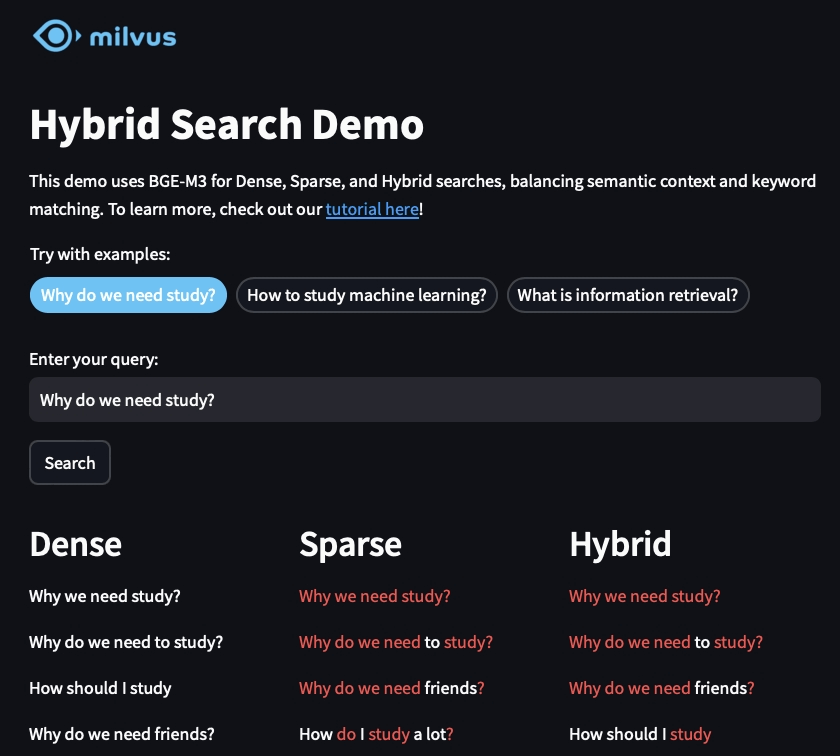Full-text search handles synonyms by expanding queries or modifying indexed content to include equivalent terms, ensuring documents match even when different words with the same meaning are used. This is typically achieved through synonym lists or mappings configured in the search engine. For example, a search for “car” might also return results containing “automobile” if the two terms are defined as synonyms. The process occurs either during indexing (modifying stored terms) or query processing (expanding the search terms), depending on the system’s design and performance requirements.
In implementation, search engines like Elasticsearch or Apache Solr use synonym filters as part of their text analysis pipelines. These filters replace or add synonyms to tokens during processing. For instance, a synonym filter could map “car” to ["car", "auto", “automobile”], altering how terms are stored in the index or parsed in queries. If applied at index time, the engine stores all synonyms directly in the inverted index, so a document mentioning “automobile” is automatically associated with “car.” This approach speeds up queries but increases index size. Alternatively, processing synonyms at query time expands the search query itself (e.g., converting “car” to “car OR automobile”) without altering the index. This keeps the index smaller but may slightly slow complex queries due to broader term matching.
Challenges include managing context-dependent synonyms (e.g., “cell” as biological vs. mobile phone) and multi-word terms like “New York” and “NYC.” Developers often address these by using domain-specific synonym lists, phrase-aware tokenizers, or proximity scoring. For example, Elasticsearch allows configuring synonym files to group terms, while also supporting rules for multi-word replacements. However, over-expanding synonyms can lead to irrelevant results, so techniques like term boosting (prioritizing exact matches) or using conditional mappings (e.g., “tv” maps to “television” only in specific fields) help balance precision and recall. The choice between index-time and query-time synonym handling ultimately depends on trade-offs between storage, query performance, and maintenance complexity.
